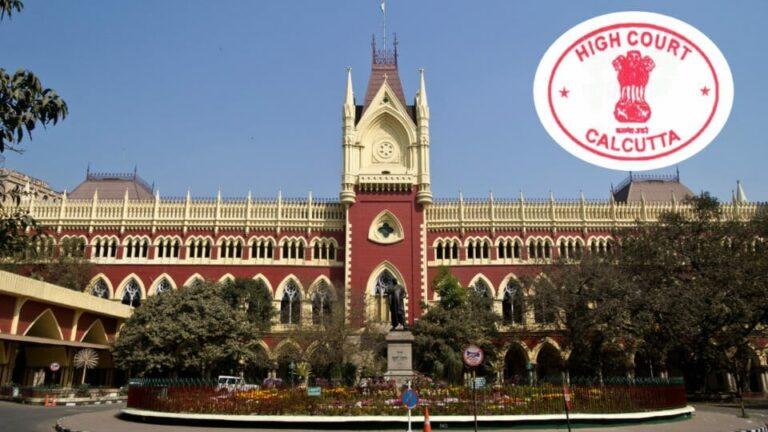The Directorate General of GST Intelligence (DGGI) has sent summons and notices to about a dozen leading education intermediaries providing services to Indian students for admission to foreign universities.
Tax officials said that these companies were not paying goods and services tax (GST) on services provided to Indian students. The amount of GST evasion is estimated at about ₹600 crore, they said.
These notices were sent between the last week of March and April 15.
“Our investigation revealed that education intermediaries are not paying taxes properly even when they are liable to pay GST and evasion is estimated around ₹600 crore,” a senior official said, without revealing the names of the entities involved.
The official said over a dozen notices were sent in the past 30 days and more are likely to be issued in the coming days. “We have conducted searches in the case of three companies and have already made tax recoveries,” the official said.
Some have taken legal recourse or are in the process of doing so to get a stay on the summons.
The DGGI had issued summons to some entities last year as well. These were challenged in courts and are still under litigation.
The intermediaries argue that they essentially work for foreign universities and are not delivering services to students in India that are taxable. They typically render advisory services for foreign universities and promote overseas schools and colleges. Hence, most of the services are on their own account, said Abhishek A Rastogi, founder of Rastogi Chambers.
In other words, they can’t be defined as intermediaries based on the contractual terms, Rastogi said.
“In most of these cases, there are two tests–whether the activity falls within the definition of ‘intermediary’ and thereafter the constitutionality to tax such services when service recipient is outside of India,” he said.
These educational services are more like exports of services not liable to GST, he said.
“There is a need to properly clarify the definition of intermediaries as sometimes the law has left room for confusion and is leading to multiple litigation. Most of the cases reach the court and this is creating confusion, especially regarding place of services,” an industry insider said.


